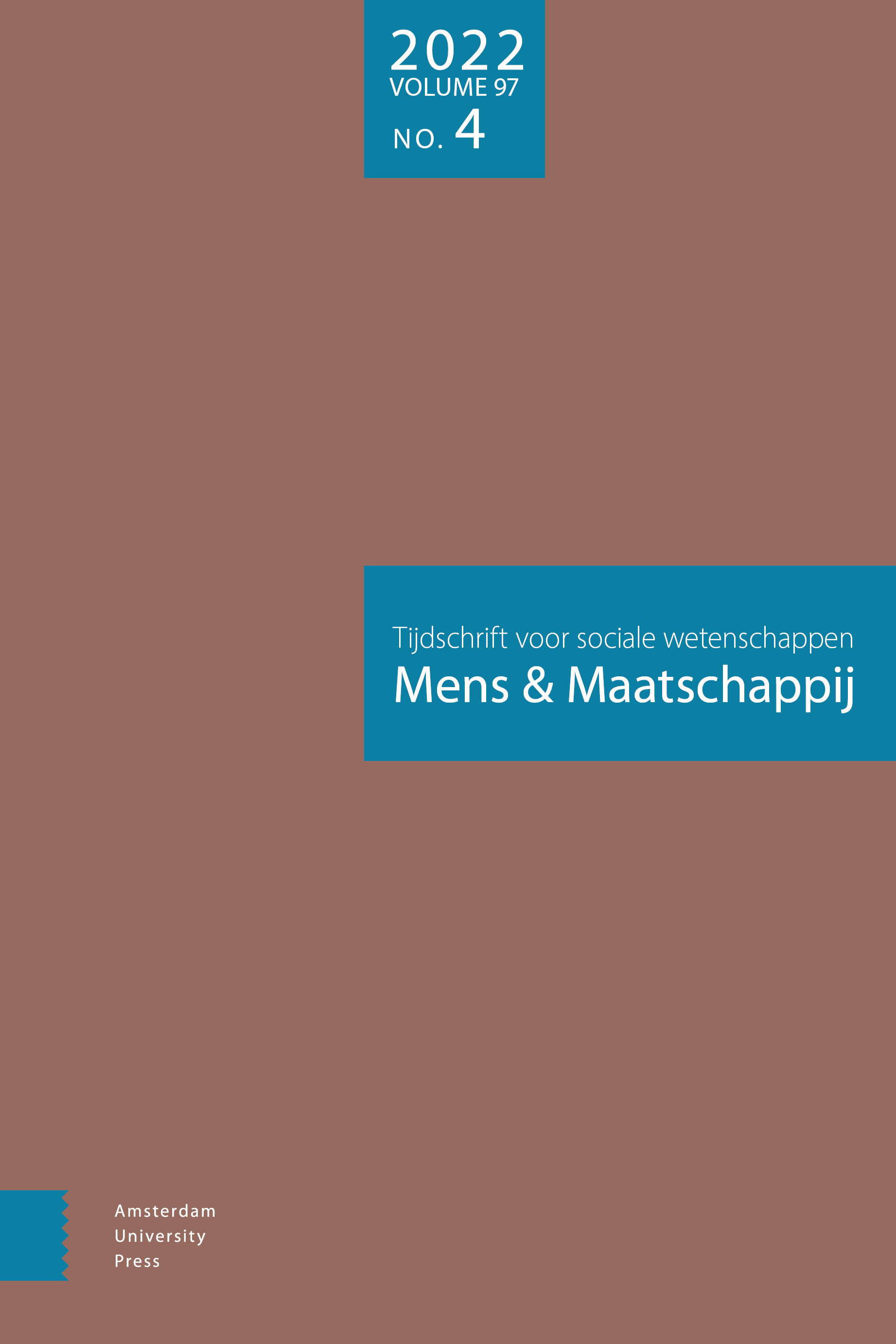
Full text loading...
Police legitimacy: The importance of procedural justice in the Netherlands
The current study tests two assumptions in procedural justice theory by examining (a) to what extent is the relationship between police procedural justice and police legitimacy stronger in comparison with competing determinants like distributive justice and police effectiveness, and (b) to what extent does the strength of the relationship between police procedural justice and police legitimacy differ across individual and contextual differences (also termed the ‘invariance thesis’). These assumptions are tested using Dutch data from the European Social Survey (N = 1.442). The results show that police procedural justice is most strongly related to police legitimacy. Furthermore, police procedural justice has an invariant effect on police legitimacy across all characteristics (age, gender, education level, immigrant background, contact with police, victimization, fear of crime in neighborhood, fear of crime at home).

Article metrics loading...

Full text loading...
References


Data & Media loading...

